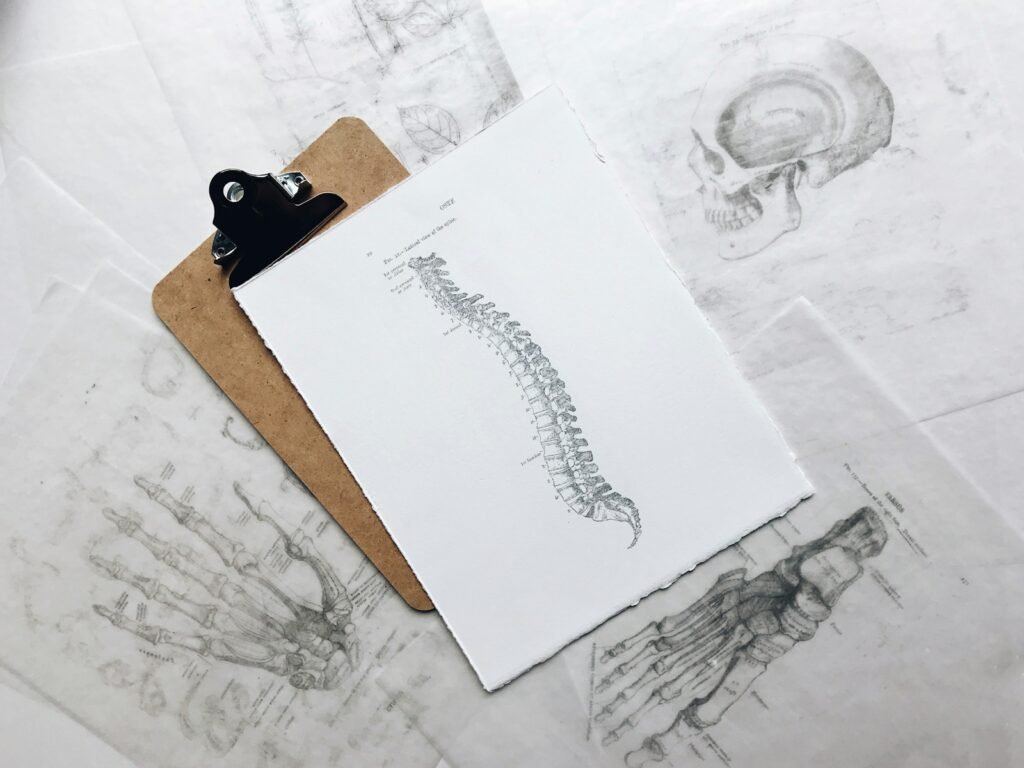In the wake of the global shift towards remote work, the University of Indonesia conducted a revealing study on the impact of prolonged mobile device use on physical health. With work-from-home (WFH) policies firmly in place due to the COVID-19 pandemic, an unexpected side effect has emerged: increased musculoskeletal discomfort in the university community.
The article from PubMed Central (PMC) titled “The prevalence of bad posture and musculoskeletal symptoms originating from the use of gadgets as an impact of the work-from-home program of the university community” explores the consequences of increased gadget use due to work-from-home (WFH) policies implemented by Universitas Indonesia during the COVID-19 pandemic. A significant fact about posture highlighted in the study is that 70.5% of respondents reported musculoskeletal discomfort, with the most common complaints being in the neck (86.4%), lower back (75.9%), and both right and left shoulders (76.2%).
The study found that these musculoskeletal complaints were significantly related to specific postures, such as sitting at a table, a prone position while using a mobile phone, and a floor-sitting posture when using a laptop, whether at a table or not. The following table provides a snapshot of the prevalence of musculoskeletal discomfort, shedding light on the need for ergonomic considerations in our daily routines.
| Discomfort area | Percentage of respondents |
| Overall musculoskeletal discomfort | 70.5% |
| Neck | 86.4% |
| Lower back | 75.9% |
| Right shoulder | 76.2% |
| Left shoulder | 76.2% |
Source: https://www.ncbi.nlm.nih.gov/pmc/articles/PMC9556879/







